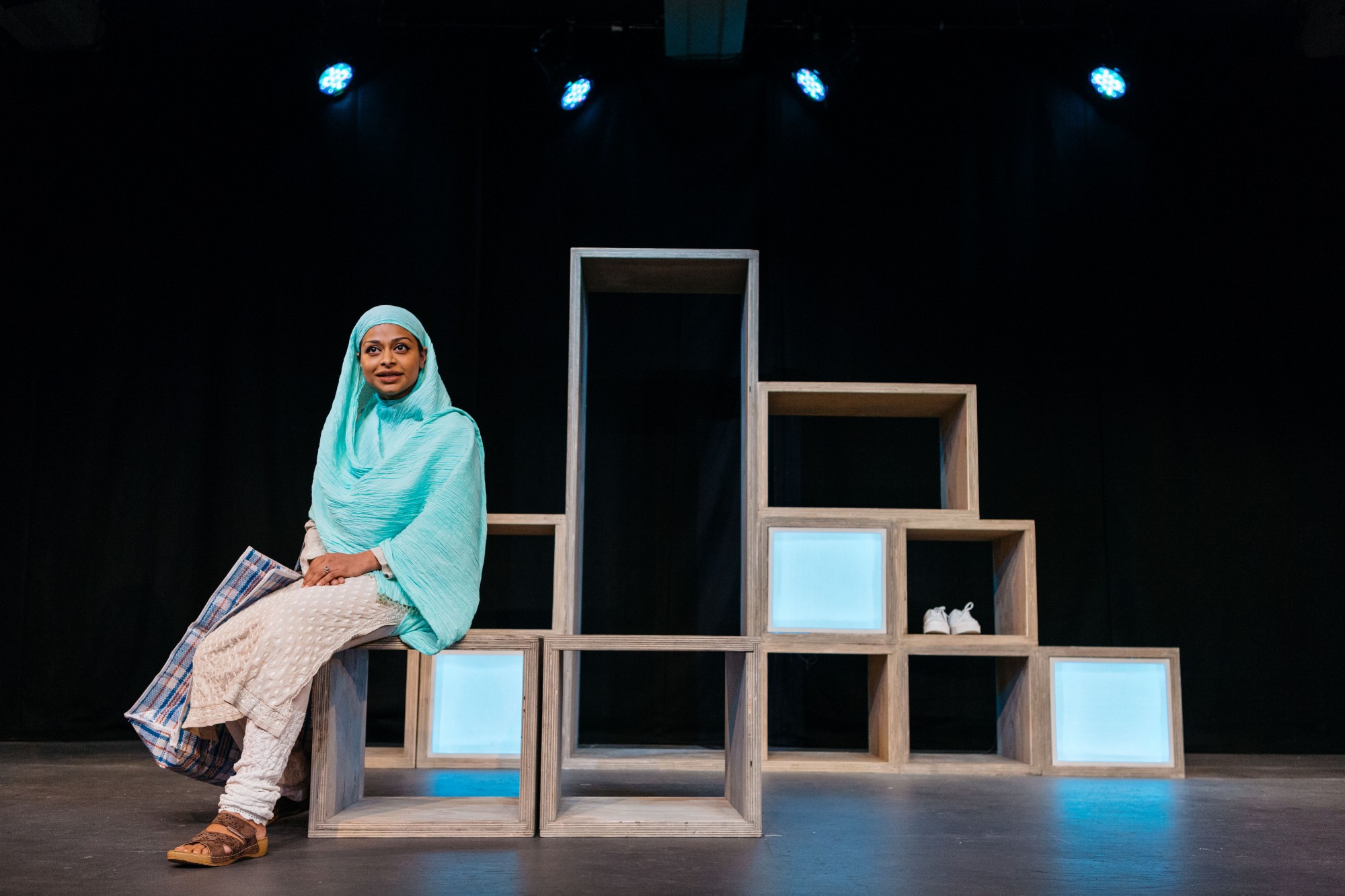Newsflash: Muslim women have ‘normal’ interests and also do ‘everyday things’. The shock! The horror!
Recently there has been a growth of media commentary about Muslim women. Believe it or not, most of this has been showcasing their victories rather than contributing to the usual stereotypical ramblings. We have seen the Hijabi model Halima Aden make her catwalk debut at New York Fashion Week’s Yeezy show and partake in high-profile beauty campaigns such as Fenty Beauty. This was a landmark victory for Muslim women around the world, including myself. It was key for proving that one should have to compromise their beliefs to do what they love. The release of the Nike Pro Hijab called for another celebration as a major company was acknowledging that yes, Muslim women are also interested in sports. The overwhelming feeling when you see yourself being represented positively in the mainstream media is one that stays with you.
Encouraging these success stories further, Milli Bhatia is bringing Muslim voices to the stage. Titled Hijabi Monologues (inspired by Eve Ensler’s The Vagina Monologues) the production explores the varying stories of Hijabis from different walks of life. The production aims to debunk the narrow-minded misconceptions surrounding Muslim women. From talking about sports to discussing motherhood and chat-up lines, there is something available for everyone. Bhatia’s project successfully displays the complexity of Muslim women and how they bravely navigate the world around them.
Bhatia opted for a successful onstage example of intersectional feminism. The stories are told from Muslim women themselves. This comes as a major relief as The Vagina Monologues had me rolling my eyes every two seconds because of how out of touch with reality it is. It presents a condescending version of feminism that only speaks to the middle-class white woman demographic. Ensler’s play alienates women of colour by presenting them as the victims that must desperately be saved by the rich and privileged white woman. These victims are grouped together and separated from Western women. In Ensler’s world, it only makes sense for the privileged woman to be capable of exploring her sexuality, independent and free from the male gaze. On the surface, it appears to discuss something of substance but is in fact a messy call for attention. It features a string of complaints to confirm ‘yes we are privileged but we are also ignorant’. Clearly, Vagina Monologues feeds into the narrative that ‘normal’ and empowered lives are led only by white women in the West. This in no way encourages alliances between ALL women.

Muslim women that wear the Hijab must pave their own way and Bhatia’s project has proved that they are perfectly capable of speaking for themselves. They are usually defined in relation to how oppressed they must be by the men in their lives. There is a failure to recognise the Hijab as a religious symbol that does not take away their ability to actively participate in society. These misconceptions have given rise to certain incidents where Muslim women have met individuals, who have ignored their presence and allowed stereotypical notions to cloud their judgement. Popular TV shows such as Girls created by a white woman, for white women also fall into the trap of excluding minorities. This is why Hijabi Monologues is essential. By bringing misheard and ignored voices to the forefront, it can spark an immense change in how Muslim women are perceived.
The sad truth is that some people are really shocked when they see independent Muslims being successful. When we are talked about, it’s in pitying tones because we are distinguished by an apparent mark of oppression. We’re tired of being doubted and unable to access institutions that prosper under people who underestimate others. Bhatia has shown how successfully Muslim women can shape their own narrative. We must continue our efforts to ensure that minorities are represented in previously closed off spaces.
Aneeka Hussain
(Image courtesy of Helen Murray)

